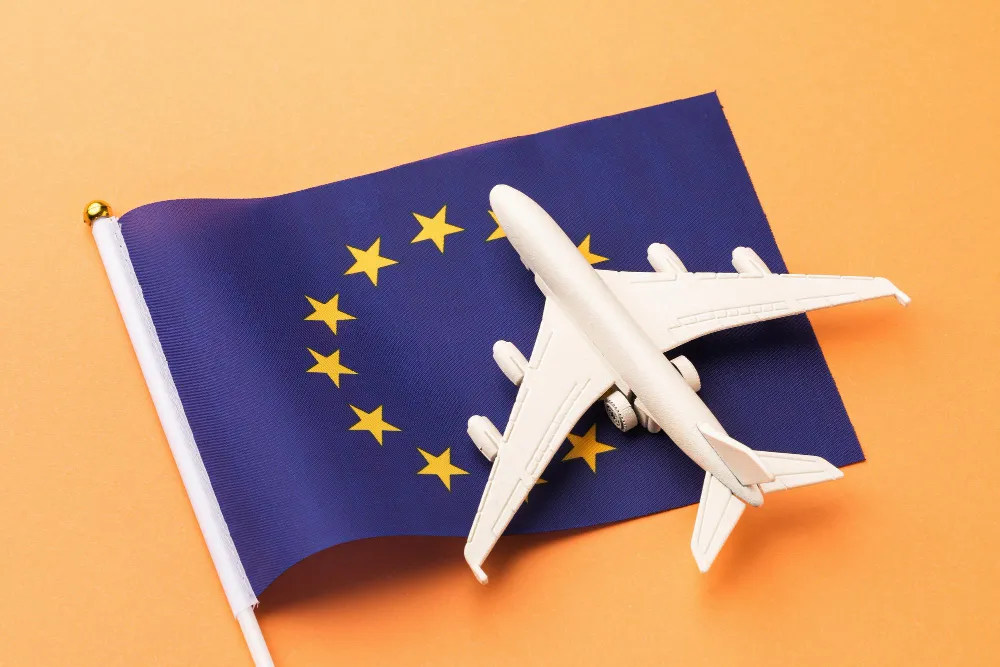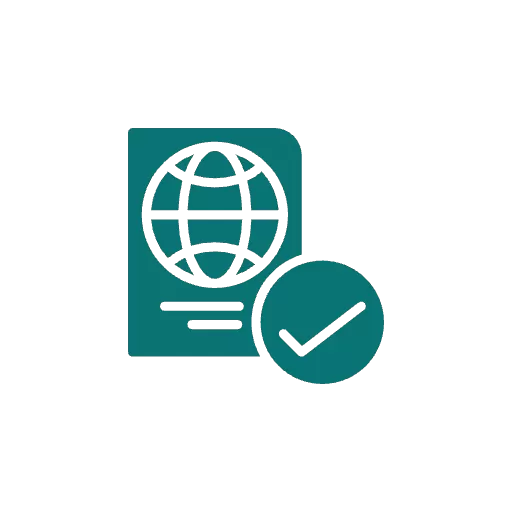
EU Weighs Expanding Visa-Free Suspension List Under New Guidelines
EU Moves to Strengthen Rules on Suspending Visa-Free Travel for Third Countries
The European Union is revising its visa exemption policy to make it easier to suspend visa-free travel for third-country nationals when deemed necessary. Under a provisional agreement between the European Council and the European Parliament, the EU will broaden the criteria that can trigger the suspension of visa-free access to the Schengen Area.
“With the amended law, the EU will be better positioned to respond when visa-free travel is abused or runs counter to EU interests,” the Council stated.
More Grounds for Suspension Introduced
The updated rules introduce several new conditions under which the EU can suspend visa waivers. One key trigger is the misalignment of a third country’s visa policy with the EU’s, which can lead to increased irregular migration through secondary movements.
Another significant concern is the operation of "golden passport" schemes, where countries offer citizenship in exchange for financial investment. If such citizenship is granted without strict vetting or fails to align with EU security standards, the visa exemption may be withdrawn.
The rules also account for broader geopolitical concerns. The EU may suspend visa-free travel for countries deemed to pose hybrid threats—such as cyberattacks, disinformation campaigns, or other non-military actions that undermine EU stability. Additionally, nations experiencing deteriorating diplomatic relations with the EU may face temporary suspension of their visa waivers.
Visa Suspension Period May Be Extended
Under the revised framework, the initial suspension period would increase from nine to 12 months. This provisional period gives the European Commission time to engage in discussions with the third country and resolve the underlying issues.
If those talks fail, the EU may extend the suspension for up to 24 additional months. In cases where the third country does not address EU concerns, the visa waiver can be permanently revoked.
To improve transparency and legal certainty, the updated law will also introduce specific thresholds for triggering a suspension, helping member states and affected countries better understand when enforcement measures may be applied.












